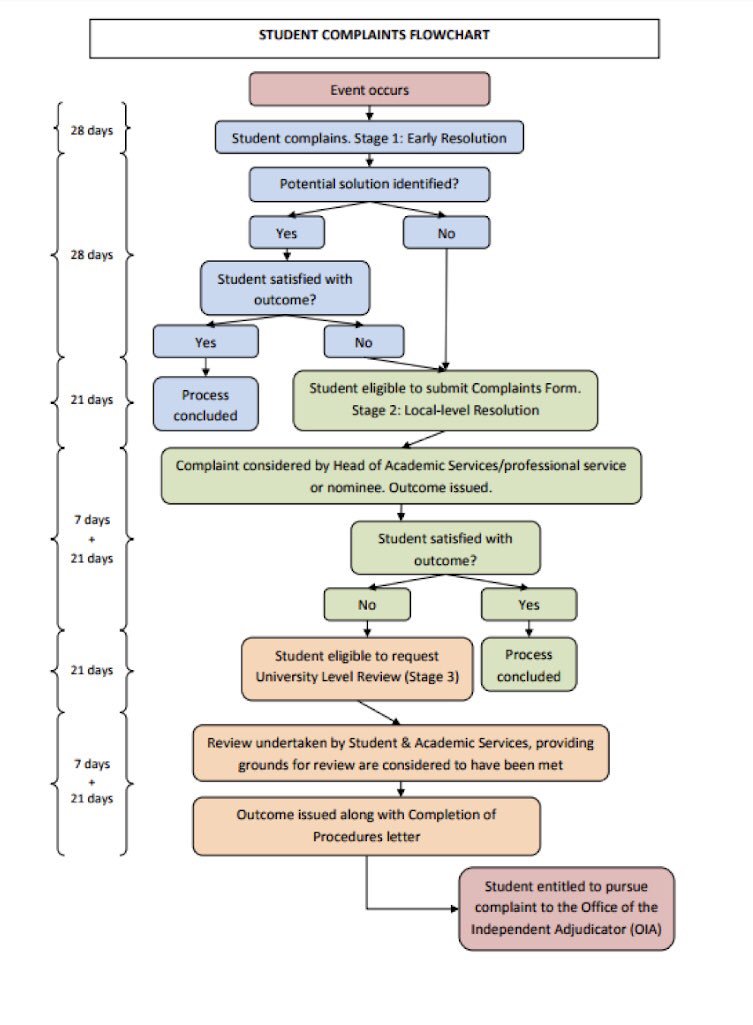


“If I was well enough to stamp my foot and complain then I was well enough to work.”
“I was on the equality/diversity group and as soon as I started to mention race, they changed the portfolio of who can be on the committee and I was dropped”
Eye rolling becomes feminist pedagogy.
To hear a complaint is to hear from those weighed down by a history that has not left a trace in the official records.



























